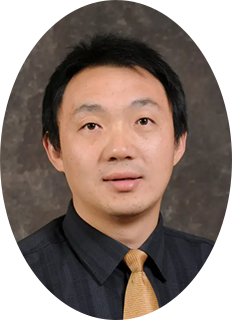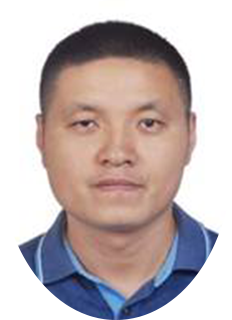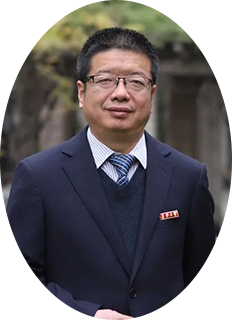
Speakers
| Prof. Yang Shi, University of Victoria, CanadaFellow of IEEE/ASME/CSME, Fellow of Canadian Academy of Engineering (CAE), Fellow of Engineering Institute of Canada (EIC)Biography: Professor Yang Shi is a Professor at the Department of Mechanical Engineering, University of Victoria, Canada. He holds a Ph.D. and is a Professional Engineer (P.ENG.). Prof. Shi is recognized with fellowships in the Institute of Electrical and Electronics Engineers (IEEE), American Society of Mechanical Engineers (ASME), Canadian Society for Mechanical Engineering (CSME), Canadian Academy of Engineering (CAE), and Engineering Institute of Canada (EIC). He is the head of the Applied Control and Information Processing Lab, where he leads research in the fields of control systems and information processing. His research interests include Dynamic systems and controls, Mechatronics and robotics, Industrial cyber-physical systems. |
Prof. Rongxin Cui, Northwestern Polytechnical University, ChinaIEEE MemberBiography: Cui Rongxin, Ph.D., professor, professor and vice president of the School of Navigation, Northwestern Polytechnical University. In 2003 and 2008, respectively, he obtained bachelor's and doctor's degrees in automation and control science and engineering in the School of Navigation of Northwestern Polytechnical University, and then worked in the Offshore Engineering and Research Center of the National University of Singapore for two years with the support of Lloyd's Register of Shipping, and worked in the School of Navigation in 2010. Mainly engaged in the research work of autonomous control of underwater vehicles, won one provincial and ministerial scientific and technological progress award and was selected as a national young talent. He is also an associate editor of IEEE Transactions on Neural Networks and Learning Systems, IEEE Transactions on Systems, Man, and Cybernetics: Systems. |
|
| Prof. Maode Yan, Chang'an University, ChinaDean of School of Electronics and Control EngineeringBiography: Yan Maode, Ph.D., professor and doctoral supervisor of Chang 'an University, is currently the dean of the School of Electronics and Control Engineering of Chang 'an University, and concurrently serves as the vice chairman of Shaanxi Power Supply Association, the executive director of Shaanxi Automation Society, and the member of the construction robot special committee of China Automation Society. The main research fields include autonomous fleet modeling and control, traffic big data and optimal control, intelligent robot system, JG customized software development, machine learning and artificial intelligence, measurement and control technology and application. |


